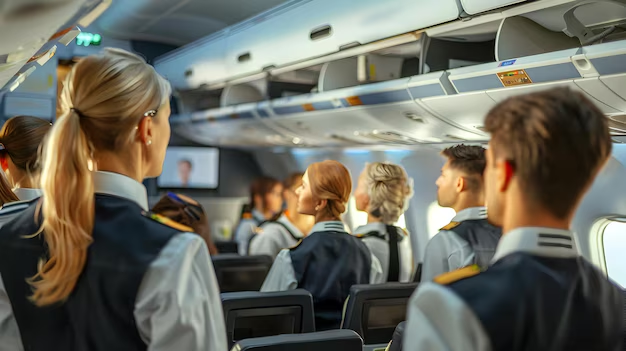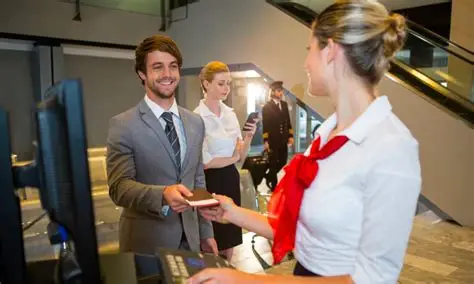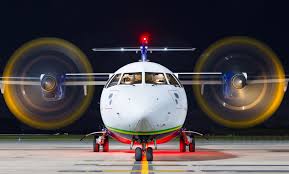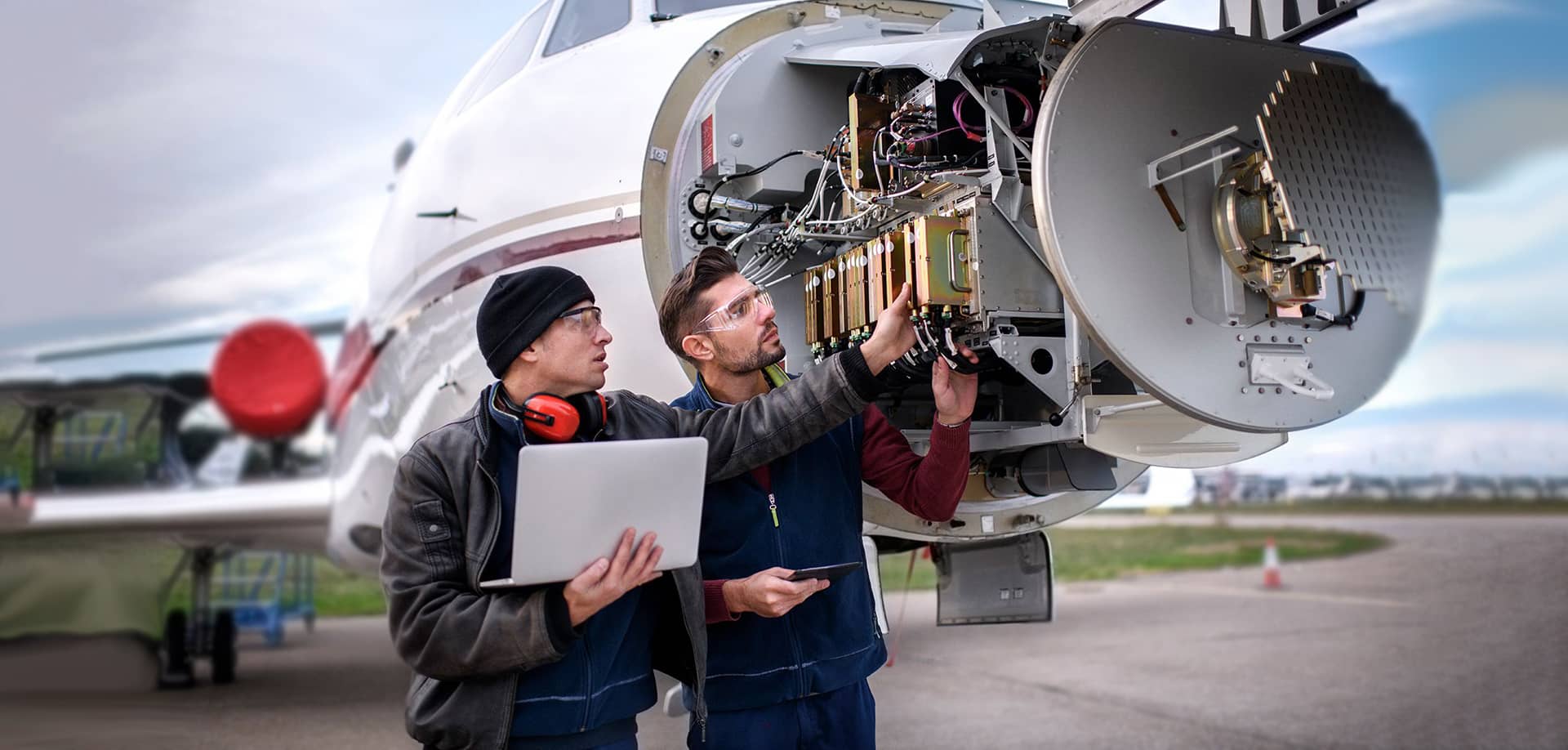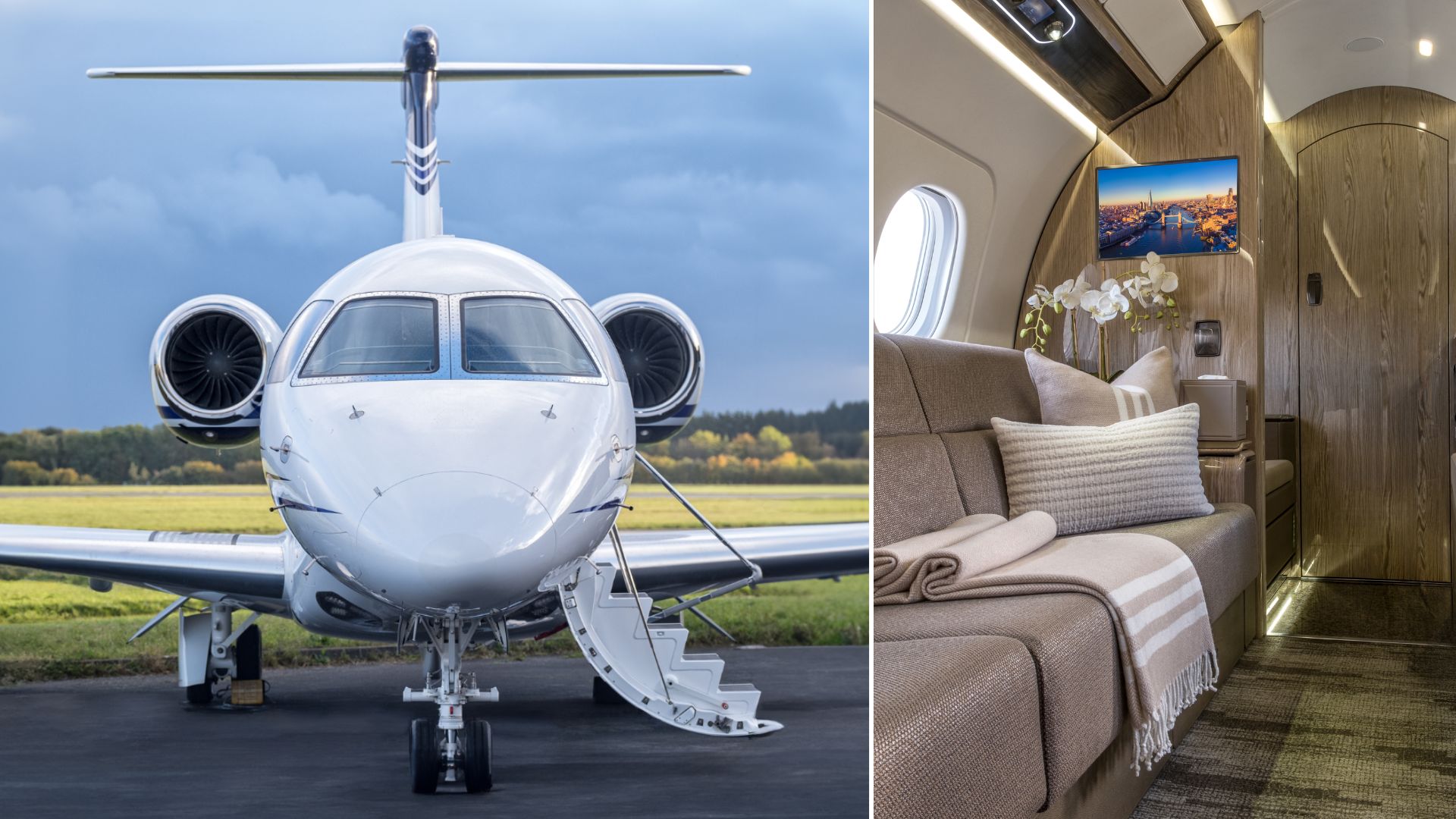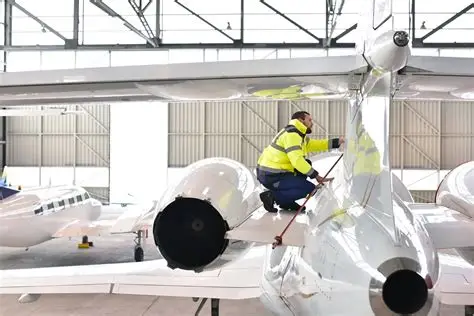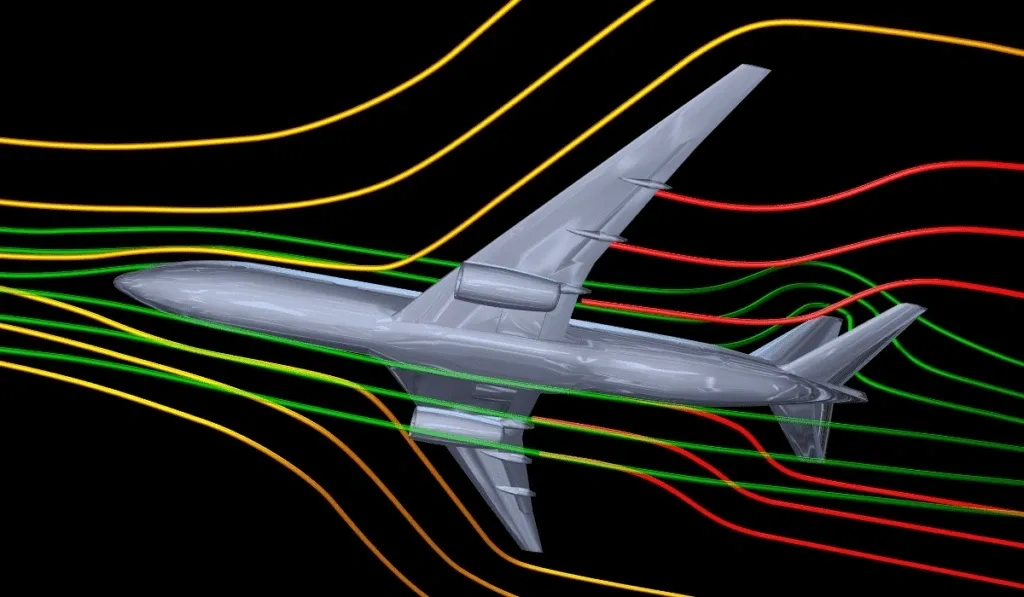Airline staff play a critical role in shaping passenger experiences. Well-trained employees ensure smooth operations, resolve issues efficiently, and create a welcoming environment. Airlines invest in comprehensive training programs to equip staff with the skills needed to deliver excellent customer service.
Importance of Customer Service in Aviation
Customer service affects both passenger satisfaction and airline reputation. Friendly, professional, and knowledgeable staff can turn a routine flight into a memorable experience. Conversely, poor service can lead to complaints, negative reviews, and loss of loyalty.
Training ensures staff understand the importance of clear communication, empathy, and problem-solving. These skills are essential for handling diverse passenger needs and maintaining a positive brand image.
Onboarding and Initial Training
New employees undergo structured onboarding programs. They learn airline policies, safety procedures, and customer service standards.
Cabin crew receive specialized training on in-flight service, emergency protocols, and passenger interaction. Ground staff learn ticketing, baggage handling, and airport navigation. This foundation ensures all employees meet the airline’s service expectations from day one.
Soft Skills Development
Soft skills are central to excellent customer service. Airlines train staff in effective communication, active listening, conflict resolution, and cultural sensitivity.
These skills help employees manage challenging situations calmly and professionally. Staff who demonstrate empathy and understanding enhance passenger satisfaction and reduce complaints.
Technical and Operational Training
Staff must also be proficient in technical aspects of airline operations. Cabin crew learn safety equipment operation, first aid, and emergency evacuation procedures. Ground staff are trained in check-in systems, baggage tracking, and boarding coordination.
Combining technical knowledge with soft skills ensures staff can handle both routine tasks and unexpected situations efficiently.
Continuous Professional Development
Customer service training is an ongoing process. Airlines provide refresher courses, workshops, and e-learning programs to keep staff updated on best practices.
Performance feedback, passenger surveys, and mystery shopper programs help identify areas for improvement. Continuous development ensures service quality remains consistent across all flights.
Role of Technology in Training
Airlines increasingly use technology to enhance training programs. Virtual reality (VR) simulations allow cabin crew to practice emergency scenarios safely. Online modules and interactive platforms provide flexible learning options for ground and office staff.
Technology ensures staff gain practical experience and stay up-to-date with evolving procedures and customer expectations.
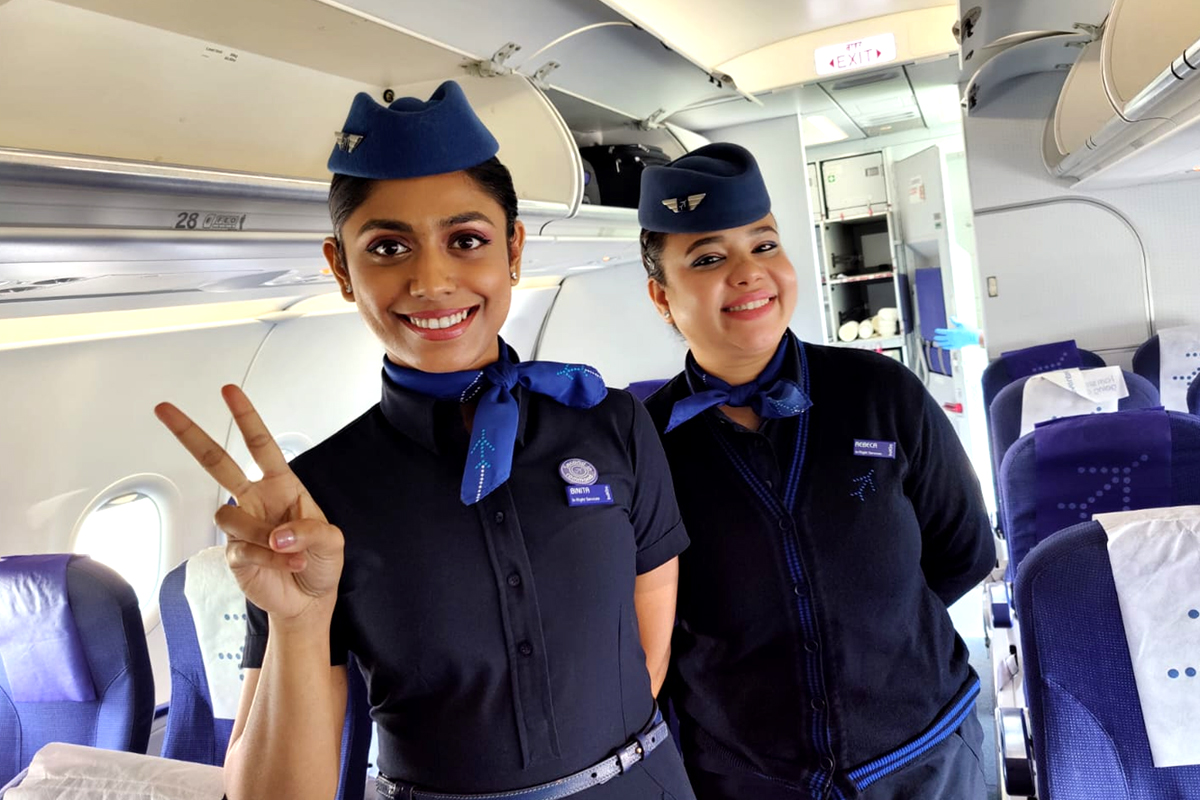
Training Airline Staff for Excellent Customer Service
Measuring Success
Airlines measure the effectiveness of training through customer satisfaction surveys, complaint monitoring, and employee performance reviews. High service scores indicate successful training programs, while low scores highlight areas needing improvement.
Regular evaluation allows airlines to adjust training strategies and maintain high service standards.
Conclusion
Training airline staff for excellent customer service is essential for enhancing passenger experience, ensuring safety, and maintaining a strong brand reputation. Comprehensive programs, combining technical skills, soft skills, and ongoing professional development, prepare staff to handle diverse passenger needs effectively. With well-trained employees, airlines can deliver consistent, high-quality service that fosters loyalty and sets them apart in a competitive industry.

